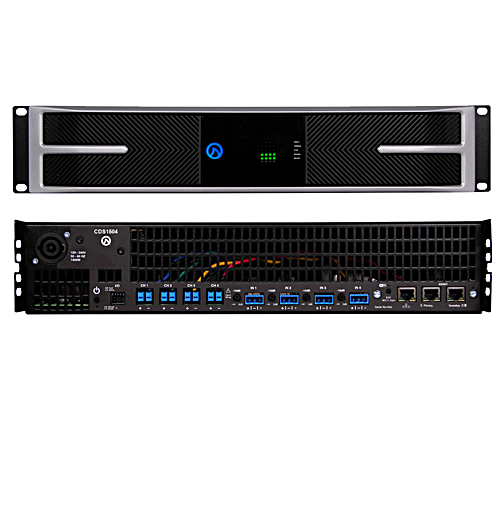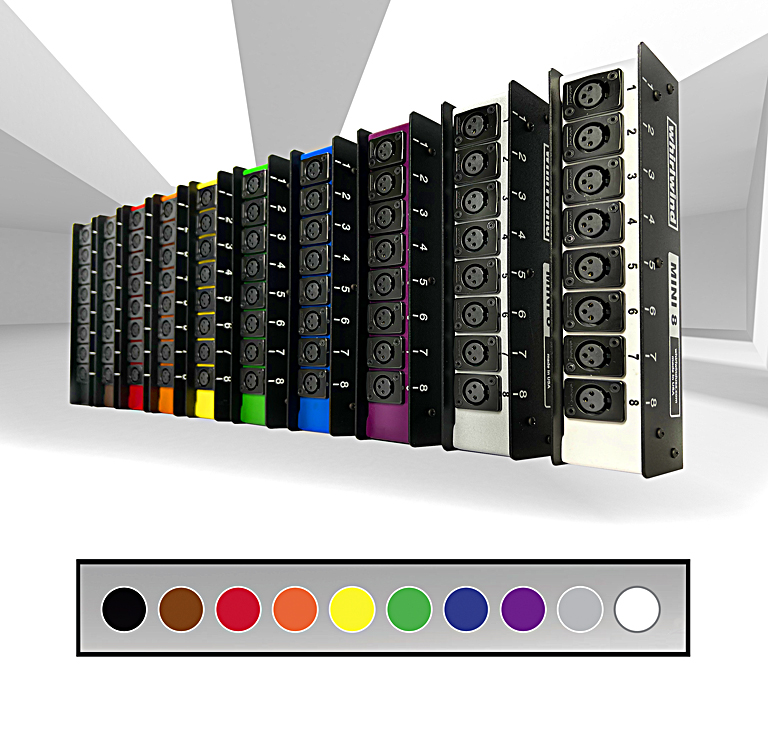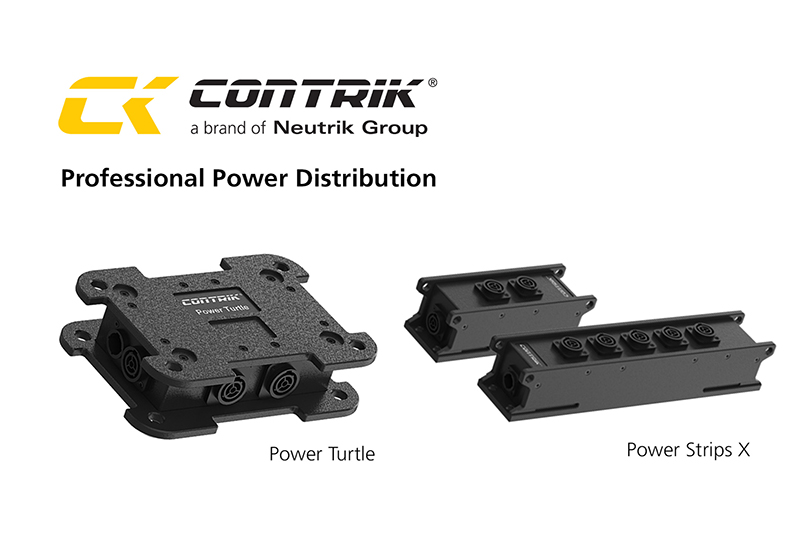Focusrite and Sound Radix are offering a free SurferEQ 2 Boogie plug-in developed exclusively for Focusrite customers March 29th through May 3rd.
More details from Focusrite (www.focusrite.com):
From the 29th March to 3rd May, Focusrite has teamed up with Sound Radix to offer a free SurferEQ 2 Boogie plug-in – a version of the SurferEQ 2 plug-in – developed exclusively for Focusrite customers. The free availability of SurferEQ 2 Boogie coincides with a 25% discount off SurferEQ 2, making the cost only $149, down from the original price tag of $199. Registered Focusrite hardware customers can access the offer from their Focusrite accounts.
SurferEQ 2 Boogie features three bands, two of which can be switched to Shelf mode, while the centre band can be switched between Surf and Static mode. Surf mode tracks the pitch of a monophonic instrument or a vocal source and can adapt its bands’ frequencies relative to the music in real time, maintaining the natural harmonic balance of the sound source and making it possible to shape the source’s timbre relative to the notes being played.
Plug-in Collective is the community between you, Focusrite and the coolest software brands. Keeping up to date with the tidal wave of releases is vital if you want to find great plug-ins – and Plug-in Collective will do it for you, enabling you to download free software and benefit from generous discounts.
All you have to do is register Focusrite gear, and one offer will be featured in your Focusrite account every couple of months. Nobody else works with software manufacturers like Focusrite, giving users all the right plug-ins for their next production.
Sound Radix has a fairly simple goal: to develop innovative and creative software tools to help their users achieve great sounds. But executing this is by no means easy. The team develop very smart algorithms and couple them with easy-to-use, intuitive and immediate interfaces, to give the user an immense amount of power with minimum complexity.



